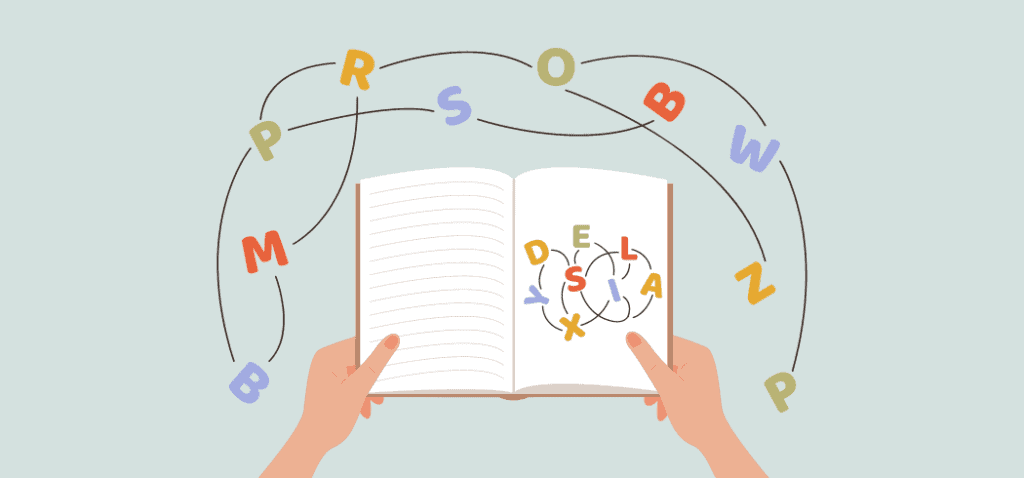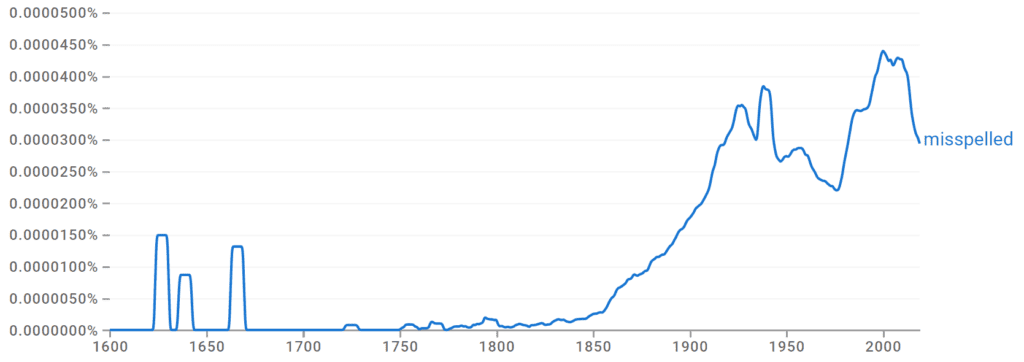Misspell means to spell a word incorrectly, but it also happens to be a word that is commonly misspelled. How ironic.
Proper spelling and use of any word are important to ensure your readers fully understand your writing. Misspellings are common with new writers and English language learners. So what better way to drive home the purpose of proper spelling than with a commonly misspelled word?
Let’s review what misspell means and how to use it properly.
How to Spell Misspell

Misspell is the word spell preceded by the prefix mis-: misspell.
Ironically, misspell is one of the top one hundred most often misspelled words in the English language, usually misspelled with a single “s.” Remember, misspell is a combination of the prefix mis-, which means wrong, bad, in error, or lack, and the word spell – which means the word misspell contains two esses.
Misspell is a transitive verb or an action that takes an object in the sentence.
For example:
- My professor managed to misspell my name on the answer sheet, so I was unable to submit it online.
Related verb forms of misspell are misspells and misspelling. The American past tense and past participle is misspelled.
Misspelt or Misspelled?
The British past tense and past participle are misspelt or misspelled. This often leads to confusion over which spelling of the past tense of misspell is acceptable, but the truth is either is acceptable.
However, misspelt is much more popular in the UK, Canada, Australia, and New Zealand.
Origin of Misspell

Misspell first appeared in the middle of the seventeenth century as a mix between a prefix of German origin and an early 14th Century Proto-Germanic word: spellam.
Misspell Used in a Sentence
Make sure you spell your words correctly in sentences to avoid confusing your readers. And most importantly, be sure to spell the very word that defines the definition of a misspelling.
- The barista at my local coffee shop always misspells my first name.
- I winced at her spelling bee mix-up and misspelling of such a simple word.
- It was an embarrassment to discover the university had misspelled over a dozen names on the diplomas.
- Ms. Smith purposely placed misspelled words in the directions, hoping her students would proofread for mistakes.
- Please don’t misspell any names or addresses while writing out your invitations.
Let’s Review
The word that describes a spelling mistake, misspell, is a commonly misspelled word. Knowing the importance of properly spelled words can help you keep your written work proofread and understandable to your audience.
Misspell is sometimes spelled with only one -s, but this negates the prefix mis- that means wrong or error, which then creates a mispelled word that means nothing.
The past tense, misspelled, is also sometimes spelled misspelt, a British version. Both are correct, although misspelled is an American preference.

Comments are closed.